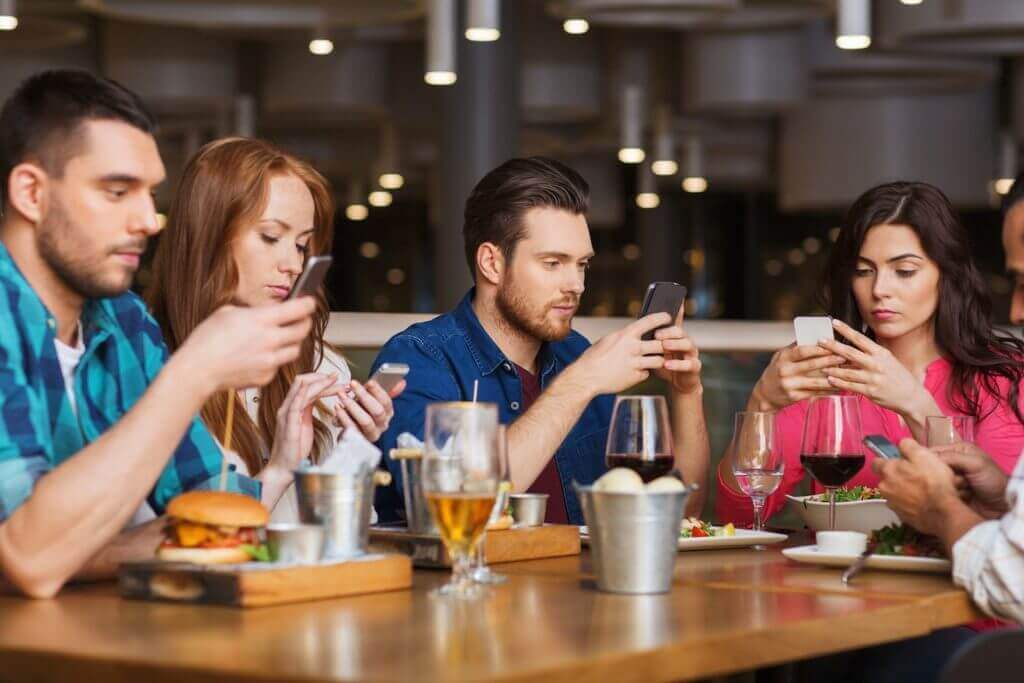
As hotels and accommodation providers (somewhat anxiously) re-open their doors, they face completely unchartered territory.
NB: This is an article from Avvio
The industry is under no illusion that this will be an easy road to recovery.
With social distance measures still in place, stringent hygiene measures required, and ongoing economic strain, hoteliers have their work cut out for them. However, it’s not all doom and gloom. The appetite for travel has not diminished. When lockdown restrictions eased and official hotel re-opening dates were announced we saw a huge surge in direct bookings across our portfolio of UK and Irish properties. That trend has continued with our Irish hotels pacing ahead of last year’s figures.
We understand that adapting to the new normal will be challenging. And while we don’t have all the answers, we do know that hoteliers who are able to adopt a solid recovery plan will thrive post Covid19.
Here are 5 essential marketing tips to help your hotel adapt to the ‘new’ normal.
1) Nurture your guests (whatever stage of the journey)
The customer journey has changed. In January, Irish domestic customers booked within 1 day of their first visit. In June, it took a customer 5.4 days on average to complete a booking from their 1st website visit. That’s more than a 5x change in booking behaviour.
It’s also taking 9.28 moments/sessions to make a booking. In January it was 4.38 moments…the consideration phase has more than doubled! If it now takes 5x longer for a domestic booker to book at your hotel – (with double the amount of sessions) it means that they need a lot more reassurance and guidance before committing to a purchase.
Hoteliers need to nurture low intent traffic through carefully curated remarketing campaigns, and ensure they provide personalised on-site messaging to medium and high-intent traffic. And remember – it’s just as important to communicate with pre-stay guests in the lead up to their visit. Non-secure (cancellable) bookings are here to stay and hotels cannot rely on that revenue until that guest has physically checked out. For this reason, it’s critical that hoteliers avidly communicate with their guests prior to arrival.
In contrast, booking behaviour in the UK shows a very different story. UK domestic bookers are only taking 1.26 days to complete a booking from their 1st website visit. This is hardly surprising considering the lack of clarity from the UK government around hotel re-openings. (An official announcement was only made on June 23rd). A long booking lead-in further supports said uncertainty.
2) Re-align your marketing strategy to a domestic market
Many still believe that international travel will be a rarity in 2020. Earlier this month however, UK air bridges were announced meaning that more than 50 countries do not require quarantine / self-isolation upon arrival or return. (It is believed that the Irish government is still looking into the possibility of having air bridges with other countries) This change could see a surge in international bookings, however with continued concerns around a second spike, and the financial strain faced by many, we’re not convinced that many travellers will venture abroad in 2020.
If you had any large campaigns planned abroad, now is the time to re-assign your spend to the domestic market. As such, it’s essential to update your digital marketing tactics to focus on your domestic market. By now you should have reviewed your target audience, brand messaging and website content. When re-launching campaigns, base the expenditure on expected hotel occupancy. Remember; spending 3-4% of overall booked revenue on digital marketing balances an optimal ROI with increased visibility needed for growth. (This of course is subject to change so please keep a close eye on where your bookings are coming from!)
3) Compound on guest loyalty
A recent travel outlook report by Revinate states that 46.4% of European consumers would feel more comfortable staying at a hotel they’d previously stayed at rather than at a new hotel or a short-term rental. This is a great opportunity for hoteliers to leverage their existing databases and use this time to encourage repeat business for the future as well as the present. Returning visitors already have a connection with your brand and would have experienced your offerings and levels of service.
If you have the email addresses of previous guests make sure that you’re communicating with them across various sources:
- Engage with them via a targeted eZine
- Remarket to them with Google Display Ads and Videos. Don’t forget to also use social media remarketing.
- Segment your database for maximum effectiveness; i.e. send previous family guests family break messaging, spa guests spa messaging, etc.
4) Be brave and get creative
Stop waiting for your competitors to try a creative tactic to see if it works. Instead, be brave and capitalize on either the revenue or the learning first. A fear of adapting cannot be worse than the fear of being left behind. New tactics need to be trialled for what’s effectively a new market environment. Be the first to try a new ad format, to try a new bidding model (i.e. Google HPA!) or look to open up a re-emerging market. This is also an exciting opportunity for your hotel to try new platforms and potentially unlock a new guest demographic. Create rich, shareable content across your social channels that entices consumers back to your brand.com website.
5) Stop reacting, start planning
We know that with everything that’s going on it may be hard to look ahead and start projecting for the future. However, soon enough longer lead times will emerge as market confidence grows. International travellers will start planning their 2021 holidays (that they inevitably delayed from 2020). Instead of focusing on the immediate, try to plan for the future. At this stage, that means preparing your hotel’s Autumn campaigns.
In addition, remember to embrace government support wherever possible. Last Wednesday afternoon UK Chancellor Rishi Sunak unveiled the “eat out to help out” discount as part of a series of measures to restart the economy amid the coronavirus pandemic. Hotels with on-site restaurants or pubs should actively promote this offering in all their marketing efforts.



